Agnès Varda, a pioneer of French cinema, has left her mark on the film world with her unique vision and artistic expression. As a director, screenwriter and visual artist, she began her career in Paris and developed into a key figure of the Nouvelle Vague. Her works, which often combine documentary elements with fictional narratives, have had a lasting influence on modern cinema.
Varda's cinematic oeuvre encompasses a wide range of themes and styles. From her early experiments with digital cameras to her feminist works such as “Vagabond”, her versatility as a filmmaker is evident. Her documentaries offer a unique look at society, while her fiction films often take an avant-garde approach. This journey through Varda's life and work highlights her development as an artist and her contributions to film history, including her recognition with prestigious awards such as the Golden Lion.
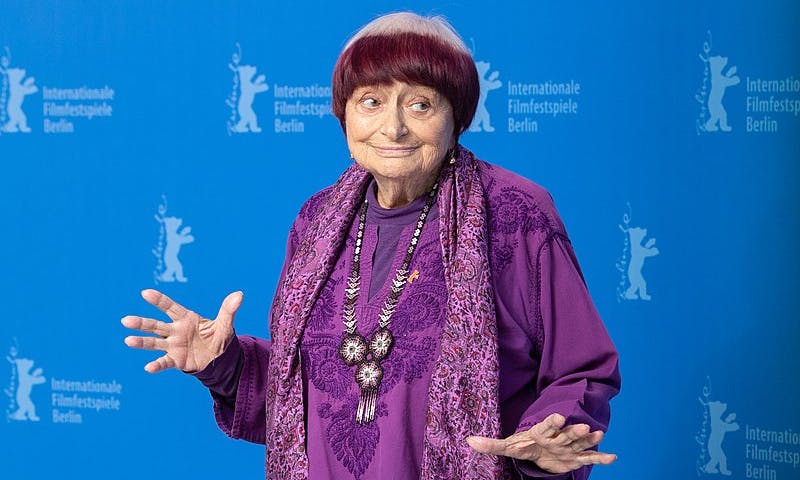
credit: Martin Kraft , MJK 37447 Agnès Varda (Berlinale 2019) , cropped by Sooner, CC BY-SA 4.0
Early years and entry into the world of film
Agnès Varda, born in 1928 in Ixelles near Brussels, grew up as the daughter of a Greek and a French woman. The family fled the war in 1940 to Sète on the French Mediterranean coast. After finishing school in Sète, Varda moved to Paris, where she attended the Lycée Victor-Duruy and then studied at the Sorbonne and the École du Louvre.
Her artistic career began in 1948 when she met the theater actor and director Jean Vilar. He invited her to document the Avignon Festival photographically. In 1951, Varda was appointed official photographer of the Théâtre National Populaire (TNP) in Paris. This experience shaped her later work as a filmmaker.
In the mid-1950s, Varda joined forces with Chris Marker and Alain Resnais to form the “Groupe Rive Gauche”, a group of film enthusiasts in Paris. This marked the beginning of her career in film. Varda developed the desire to translate her photographic ideas into moving images. Her debut film “La Pointe Courte” was made in 1954 and was an innovative mixture of documentary and fiction.
The nouvelle vague and Varda's breakthrough
Agnès Varda is considered a pioneer of the Nouvelle Vague, a revolutionary film movement in French cinema in the late 1950s and early 1960s. Her debut film “La Pointe Courte” from 1955 is seen as a precursor to this movement. The film, which was shot in a village near Sète where Varda had grown up during the war, was characterized by a novel narrative style.
Varda was the only woman to establish herself as a director in the circle of Parisian nouvelle vague filmmakers. Her approach to film was not through cinephilia and film criticism, but through photography. This was reflected in her unique visual style.
Her second film “Cléo - Wednesday between 5 and 7” (1962) consolidated Varda's position in the Nouvelle Vague. The film, which is told in real time, follows a young singer through Paris and shows Varda's characteristic mixture of documentary and fictional elements.
Experimental phase and feminist works
In the 1970s and 1980s, Agnès Varda continued to develop her experimental and feminist approach. Her film “L'une chante, l'autre pas” (1977) tells the story of two women against the backdrop of the French women's movement. The film combines documentary elements with fictional narratives and contains musical interludes for which Varda herself wrote the lyrics.
Another important film from this phase is “Vagabond” (1985), which portrays the life of an itinerant woman named Mona Bergeron. The film begins with the death of the protagonist and reconstructs the last weeks of her life through interviews with people she met. Varda uses this structure to question social expectations of women and their quest for freedom.
Varda's work from this period is characterized by a profound exploration of feminist themes and innovative cinematic techniques. Her films offer a unique look at women's experiences and their struggle for self-determination.
Varda's influence in current films on Sooner.de
POLARIS by Ainara Vera: This documentary follows the lives of two sisters, an Arctic seafarer and a young mother in a refugee camp. Similar to Varda in “The Gatherers and the Gatherer” (*Les Glaneurs et la Glaneuse*), Vera explores intimate human stories against the backdrop of larger social issues. The combination of personal destinies with global issues reflects Varda's influence and shows how the individual and the universal are interwoven.
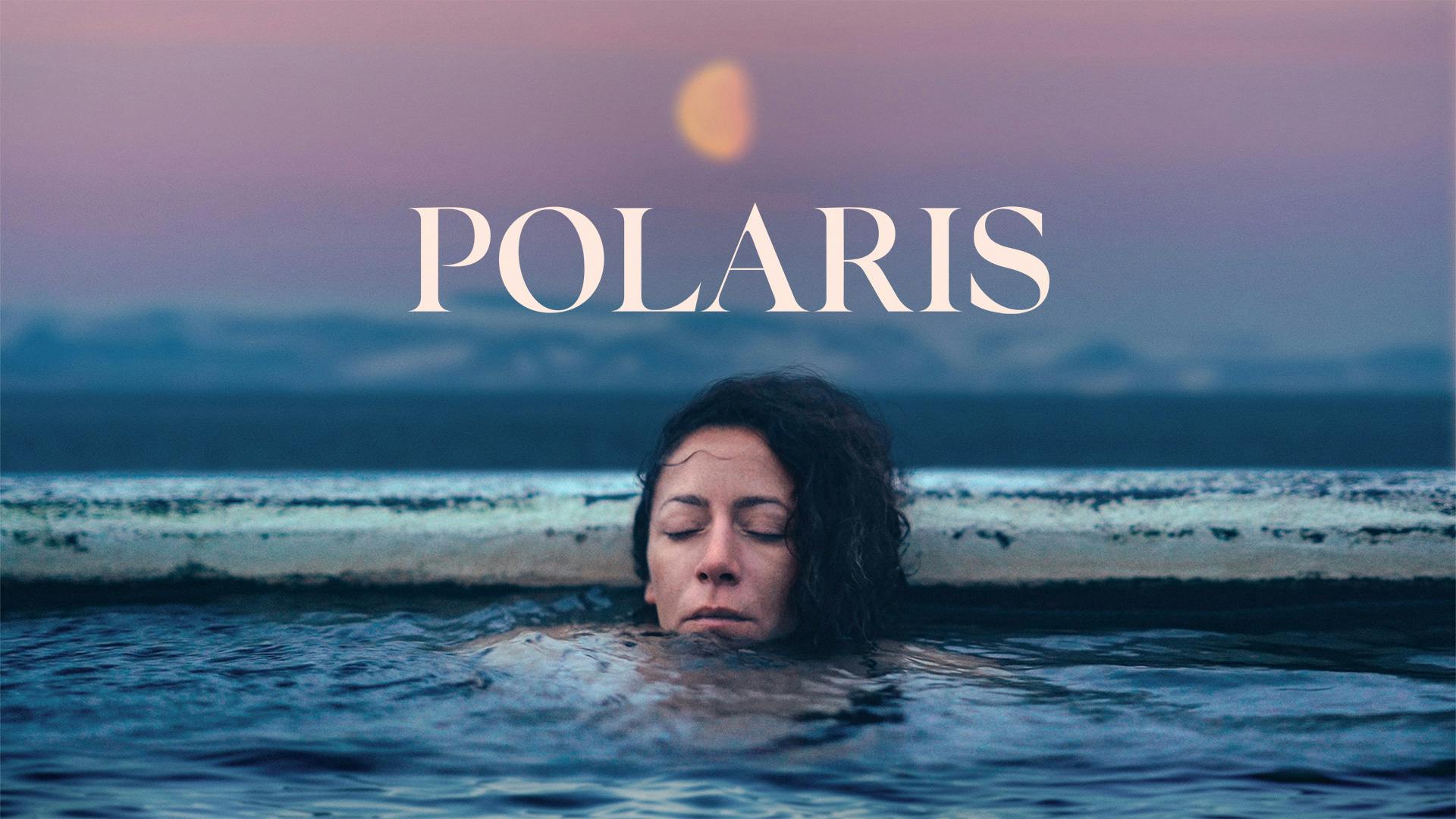
SUMMER FROST by Laetitia Masson: This film is about a woman who embarks on a journey of self-discovery. Like Varda in “Cléo from 5 to 7” (*Cléo de 5 à 7*), Masson uses a narrative structure that emphasizes the protagonist's inner world. Both films play with the perception of time and space in order to deepen the emotions and thoughts of their characters.
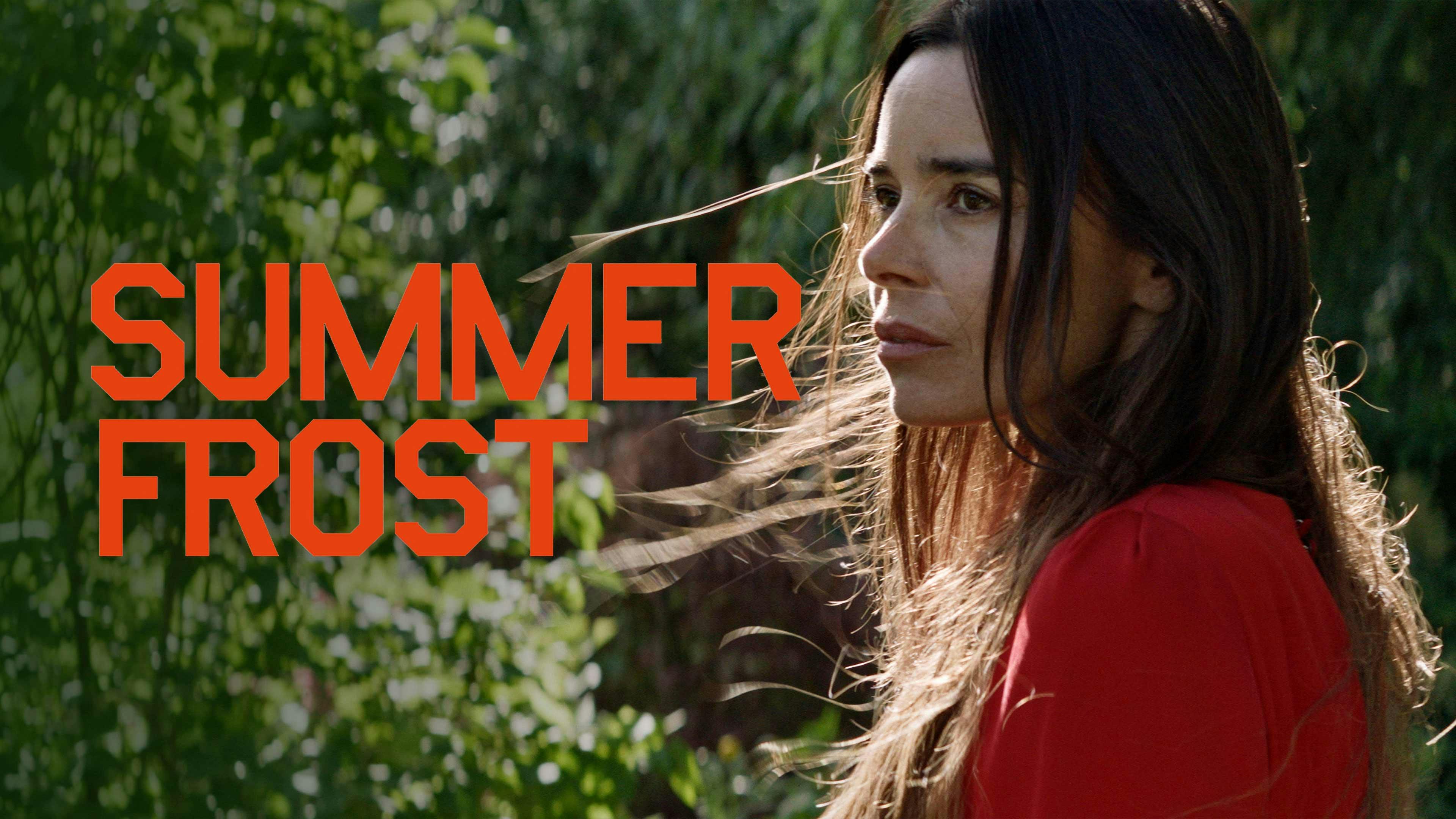
“A Good Man” by Marie-Castille Mention-Schaar: The film tells the story of a transgender man who decides to have a child. Varda's willingness to question social norms and show marginalized voices is reflected here. As in Varda's “Vogelfrei” (*Sans toit ni loi*), the search for identity and belonging is addressed, with the director taking an empathetic and unbiased look at her characters.
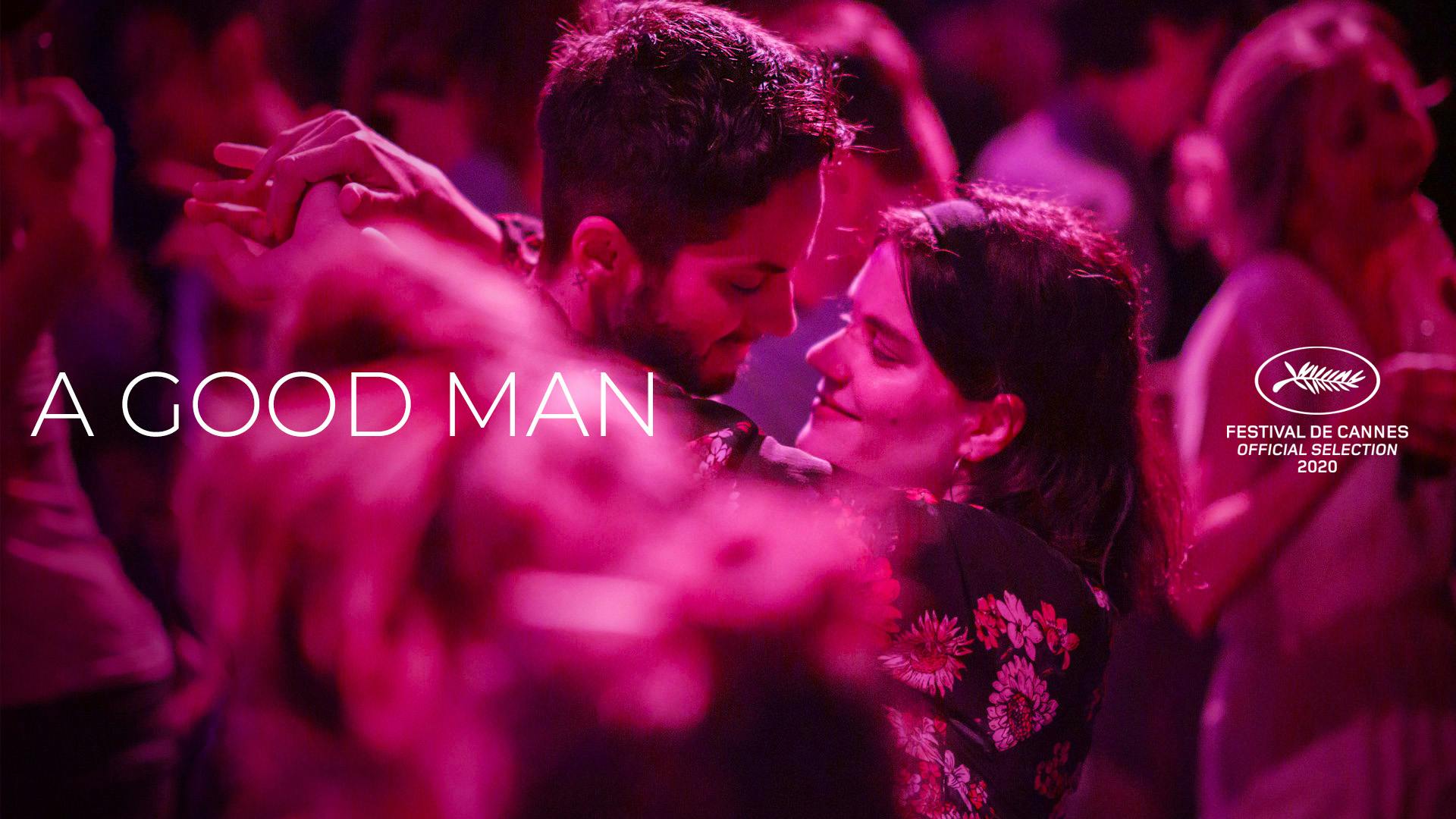
VOYAGES by Johanna Pauline Maier: ‘Voyages’ takes you on a journey through different cultures and personal stories. Similar to Varda in her travel documentaries such as “Daguerreotypes”, Maier captures the essence of places and people by focusing on everyday moments and personal encounters. The cinematic exploration of identity and home unites both directors.
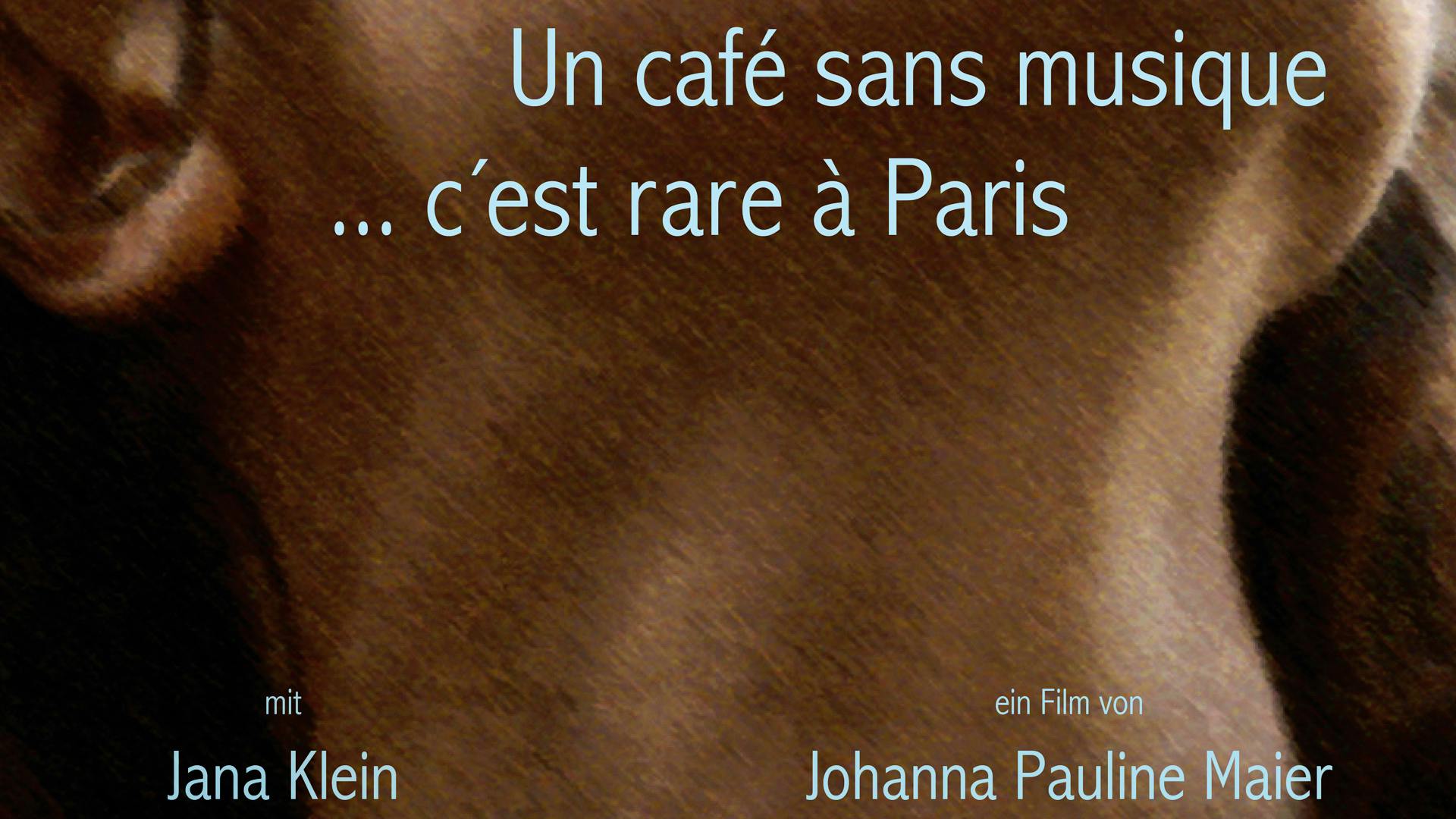
WHATEVER HAPPENED TO MY REVOLUTION by Judith Davis: In this satirical comedy, a young woman struggles with her political ideals in a modern society. Davis' work is reminiscent of Varda's “Lions Love (... and Lies)”, in which she also addresses political activism and personal disillusionment. Both films use humor and irony to illuminate social changes and personal crises.
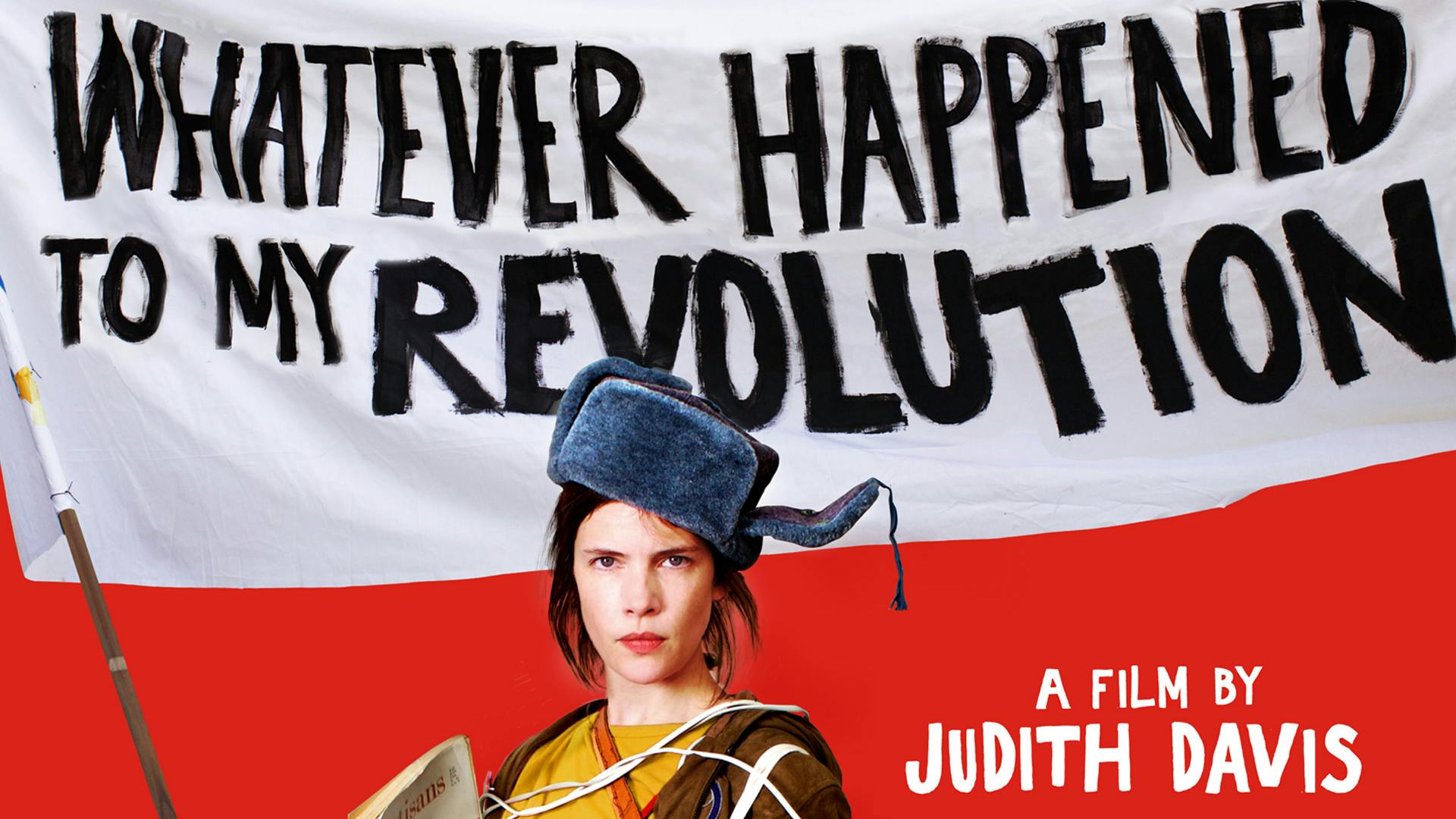
Conclusion
Agnès Varda's cinematic legacy has had a lasting impact on the world of cinema. Her unique blend of documentary and fictional elements, coupled with her feminist point of view, has redefined the way stories are told on screen. Varda's works, from her groundbreaking debut “La Pointe Courte” to her later experimental films, are a testament to her artistic versatility and commitment to social issues.
As a pioneer of the Nouvelle Vague and the only woman in this circle, Varda paved the way for future generations of female filmmakers. Her legacy extends far beyond her films and encompasses her influence on the art of cinema, feminism and visual culture. Varda's life's work invites us to see the world with new eyes and to further explore the boundaries of cinematic expression.
FAQs
Question: What is Agnès Varda known for?
Answer: Agnès Varda, born on May 30, 1928 in Ixelles, Belgium and died on March 29, 2019 in Paris, France, was a renowned French director and photographer. Her first film, “La Pointe Courte” from 1954, paved the way for the French nouvelle vague movement of the 1960s. Varda studied at the Sorbonne and the École du Louvre and began her career as a photographer.
Question: Why did Agnès Varda change her name?
Answer: Agnès Varda, originally born as Arlette, decided to change her name to Agnès to emphasize her personal and artistic transformation. This change reflects her desire to lead an independent and free-spirited lifestyle, which for her was a form of art in itself.
Question: How many films has Agnès Varda directed?
Answer: Agnès Varda has directed a large number of films, including six notable works: “The Beaches of Agnès”, “One Sings, the Other Doesn't”, “The Ear Readers and I”, “Le Bonheur”, “Vagabond” and “Cléo from 5 to 7”, which is particularly highly rated.
Question: Where did Agnès Varda live?
Answer: Agnès Varda was born in Belgium and moved to Sète, a port city in the south of France, with her family as refugees during the Second World War. The town of Sète also served as the setting for her film “La Pointe Courte”.